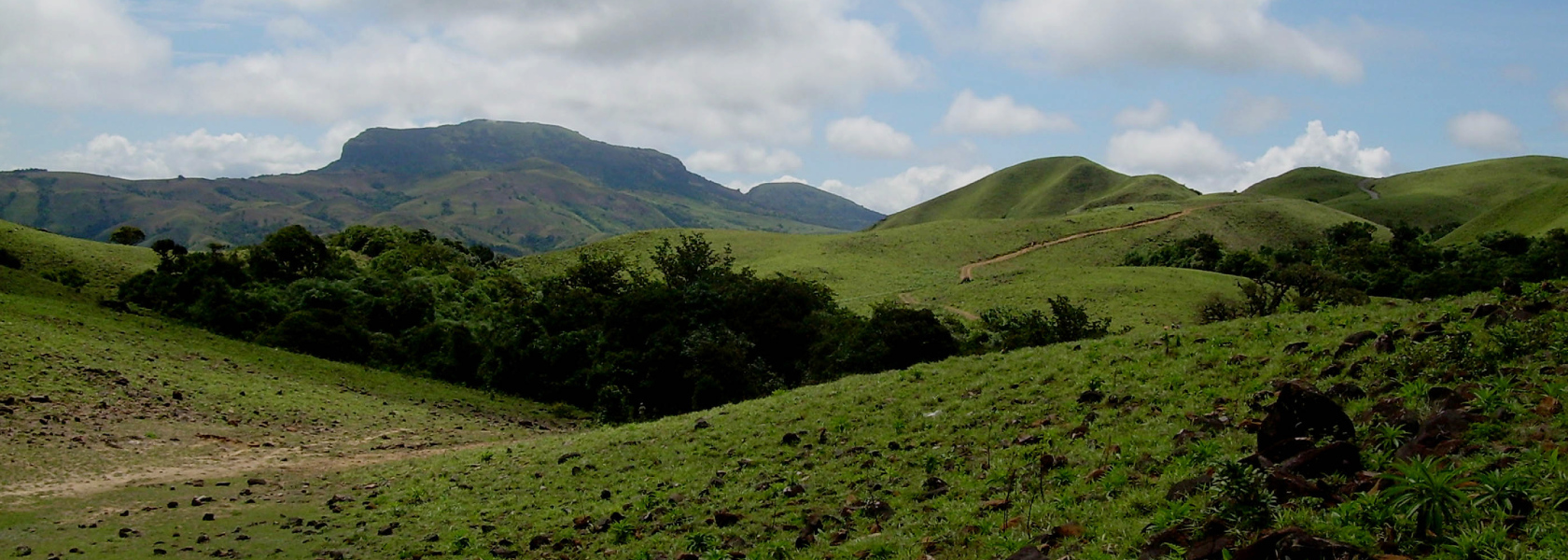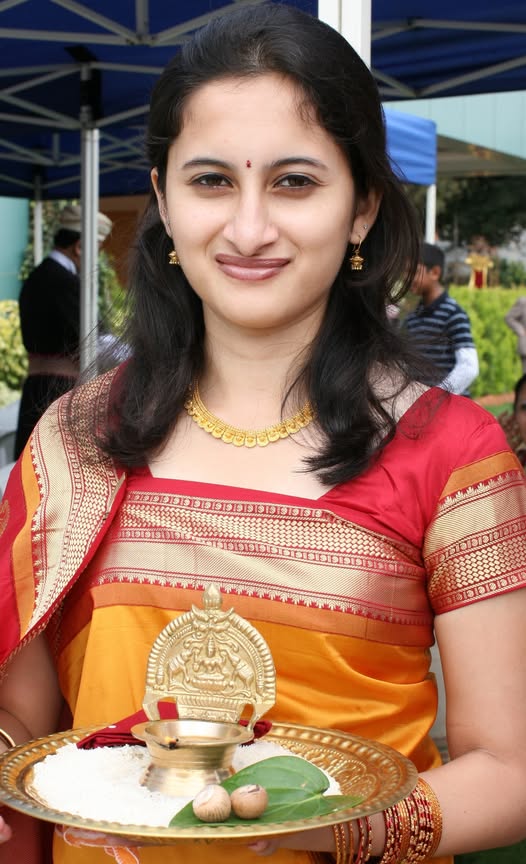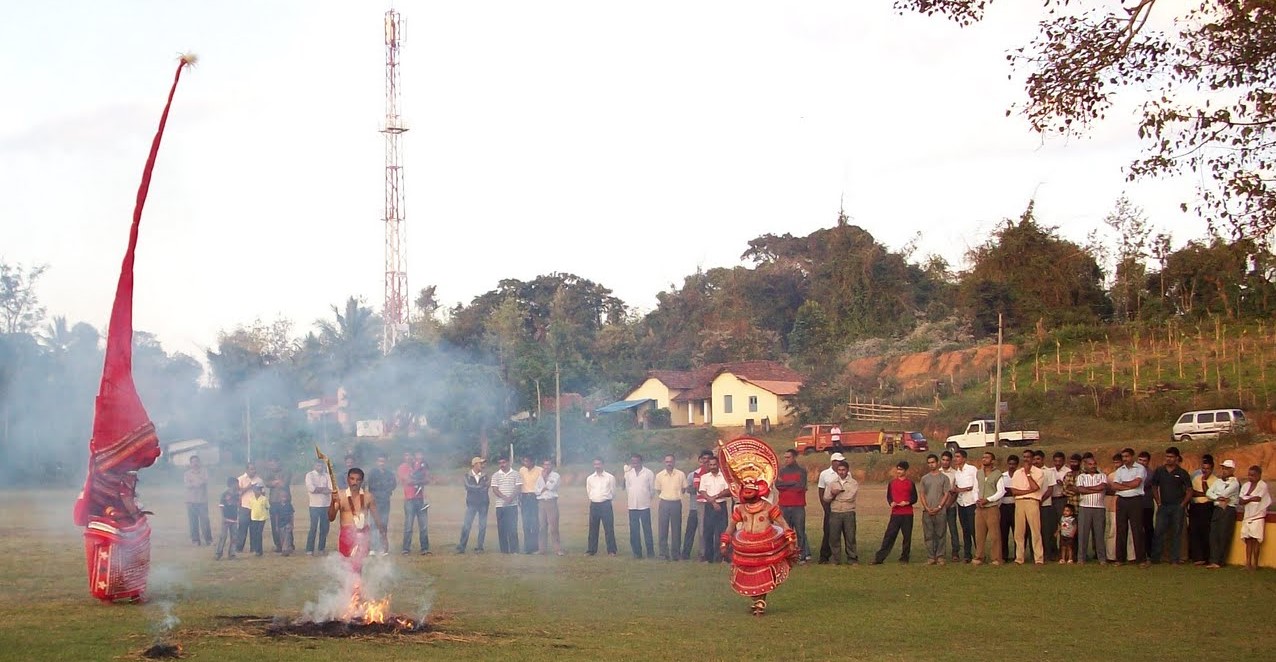
Blogs
SECOND EDITION OF KODAVA REFERENCE BOOK ‘PATTOLE PALAME’ TO BE LAUNCHED ON OCTOBER 1
By Boverianda Nanjamma and Chinnappa
The second edition of the Kodava reference book Pattole Palame will be launched on October 1. The second edition has all the songs, ballads, proverbs, stories etc. in Kodava thakk with the corresponding English translation presented side by side. The book will be launched at the Madikeri Press Club at 2 p.m.
It is nearly a century since our grandfather, Nadikerianda Chinnappa, compiled and wrote the Pattole Palame in Kannada, with the songs, stories, proverbs etc., written in the Kodava language (using the Kannada script). It was published in 1924, and has run into seven reprints – the latest being in 2019. The eighth reprint to be published by the Karnataka Kodava Sahitya Academy is due shortly.
It is 17 years since our English translation of the Pattole Palame was published in 2003. This book has gone into three prints, and is now out of print. It is deeply satisfying to know that it was well received and that there is a continuing demand for both the original Pattole Palame and its English translation. That has encouraged us to work on this, the second edition of our translation, in which the English text, for the most part, is the same as in the first edition, with some additional footnotes and a few improvements. The significant difference, which enhances the value of this edition, is the bilingual format adopted in it as described in what follows.
Over the years since its publication, we have gathered more information related to our customs and folklore and better nuanced the translation of some words for which we had not got the exact meanings earlier. The additional information and corrections are based on what we learnt during our many field visits all over Kodagu during 2003 to 2008 when we collected information on ainmanes (ancestral homes) for our book, ‘Ainmanes of Kodagu’ (2014), and later, when we helped authors Boverianda Uthaiah and Thangamma in editing their Kodava language dictionary, ’Kodava Arivole’ (2016).
Very early on, some readers of our translation of the Pattole Palame had suggested that it would be useful if the next edition could adopt a bilingual format, with the English translation of the songs, stories, proverbs etc. presented alongside the originals in the Kodava language – and that is exactly what this edition does.
In the bilingual format, the songs are presented in two parallel columns on each page, with the original Kodava song in the column to the left and its English translation in the column to the right. For stories, proverbs and larger texts, the original Kodava text and its English translation are given on facing pages. Occasionally, where the text is a short one, the original Kodava text is given first, followed by its English translation. We believe that this format will help readers and researchers of the Kodava language and culture to better understand and appreciate the words and phrases in the original work. Occasionally, in a traditional narrative in the Kodava language, the compiler has used Kannada for an introduction or a short explanation. In such instances, we have retained his Kannada text, and given the English translation next to it.
We have in this edition aimed for a closer verbal and visual equivalence between the original Kodava lines and the English translation. We have also made greater use of the recurring phrases in the original Kodava songs in the English translation too, to try to capture the lyrical resonance in the songs.
We take this opportunity to add some observations and comments that we believe are important for the reader of the Pattole Palame to keep in mind.
- The Kodava language is an independent Dravidian language and not a dialect, as was wrongly surmised by early western writers. Studies have shown that the Kodava language belongs to the South Dravidian group of languages, which branched off from Proto-Dravidian, probably around 3000 years ago (1000 B.C.)
- Besides Kodavas, about 20 other smaller communities who immigrated to Kodagu long ago consider the Kodava language as their mother tongue, and have generally adopted Kodava cultural practices and songs. They too have kept this oral tradition alive.
- The compiler, Nadikerianda Chinnappa, in his documentation of Kodava culture in the Pattole Palame, described the social order and value system that was prevalent when he wrote the book (late 1800s and early 1900s), without being judgmental about it.
- Some aspects of Kodava customs, where current practice differs from what is given in the Pattole Palame, clearly show the influence of Hinduism/Brahminism on Kodava culture – an influence that appears to be increasing with time. For example, many Kodavas today follow some Hindu traditions such as the one that requires the eldest son to light the funeral pyre of his parents, although that is very unlike the Kodava tradition where it is the spouse who lights the funeral pyre. Interestingly, most people consult and follow the Pattole Palame even today, in spite of the fact that it describes the cultural practices prevalent in the late 1800s and early 1900s.
- The influence of Hinduism/Brahminism on Kodava culture is also seen in some of the songs. The Songs of Kaveri and of Sarthavu are based on Hindu legends. So are the references to Yama, Shani and Narayana in the Funeral Song and to Hindu gods in other songs. The Songs of Gods and Goddesses in Chapter Four (all except the Song of Sarthavu) which narrate the stories of gods who ‘came‘ to Kodagu from Kerala or through Kerala clearly show the influence of religious practices and traditions prevalent in that region. On the other hand, the Songs of Heroes in Chapter Five describe the social order and traditions in the native Kodava community, with the exception of the Song of Seven Maidens.
- It is also notable that in the Songs of Heroes, Kodava women are shown to be bold and unafraid, talking to strangers and inviting some of them to their homes. They also do not hesitate to question and challenge elders in public. In one story, a Kodava woman attacks and kills a tiger, and is honoured for that in the same traditional fashion as a man would be.
Incidentally, early in 2000, Sri G.N.Devy, Director of the project ‘Literature in Tribal Languages and Oral traditions’ of the Central Sahitya Akademi, New Delhi, asked us if we could work on a trilingual edition of the book, to include a Kannada translation besides English, and add a transliteration of the Kodava songs etc., in the Roman script. The International School of Dravidian Linguistics, Trivandrum, asked us if we could work on a transliterated version of the Pattole Palame along with the English translation. The current bilingual edition is a first step in that direction. We would like to work on the Kannada translation and the transliteration of the Pattole Palame. Both these tasks need time. If we cannot, we hope that someone else will undertake this work in the future. It should be noted that a few of the songs have already been translated into Kannada by various authors.
If indeed the Kodava language is silenced and the Kodava culture is forgotten, as is feared by many, these efforts at transliteration and translation of documented Kodava customs and folklore into other languages may at the very least help retain the memories of the identity and cultural heritage of the Kodava speaking people. We, however, dare to hope that the future will challenge and disprove such apprehensions, and that these efforts will promote the preservation of the Kodava language and culture and contribute to the celebration of the diversity of languages and cultures in India.
We have been blessed by circumstances that gave us the opportunity to translate the Pattole Palame written and published by our grandfather. It is our sincere hope that this edition will further help in understanding and preserving our living traditions and folklore – a precious heritage that was handed down orally in the past and was first committed to writing in the Pattole Palame.

KODAVA MARCH: EXCLUSIVE DATING APP FOR KODAVAS (COORGS) COULD CURB ROLE OF MATCHING HOROSCOPES, A PRACTICE ALIEN TO KODAVAS
By P.T. Bopanna In the past, I had suggested the creation of a dating app exclusively for Kodavas (Coorgs) to […]

KODAVA (COORG) MATCHMAKING: KODAVAS SHOULD GIVE UP THEIR OBSESSION WITH PROPERTY
By P.T. Bopanna Last month’s Kodava march in Kodagu (Coorg) district of Karnataka to assert the community’s identity has brought […]

KODAVA (COORG) MATCH-MAKING: KAKOTUPARAMBU FEST SHOULD BE CELEBRATED ON A GRAND SCALE
By P.T. Bopanna The recent Kodava march to defend Kodava culture and heritage has brought unity and renewed interest in […]
